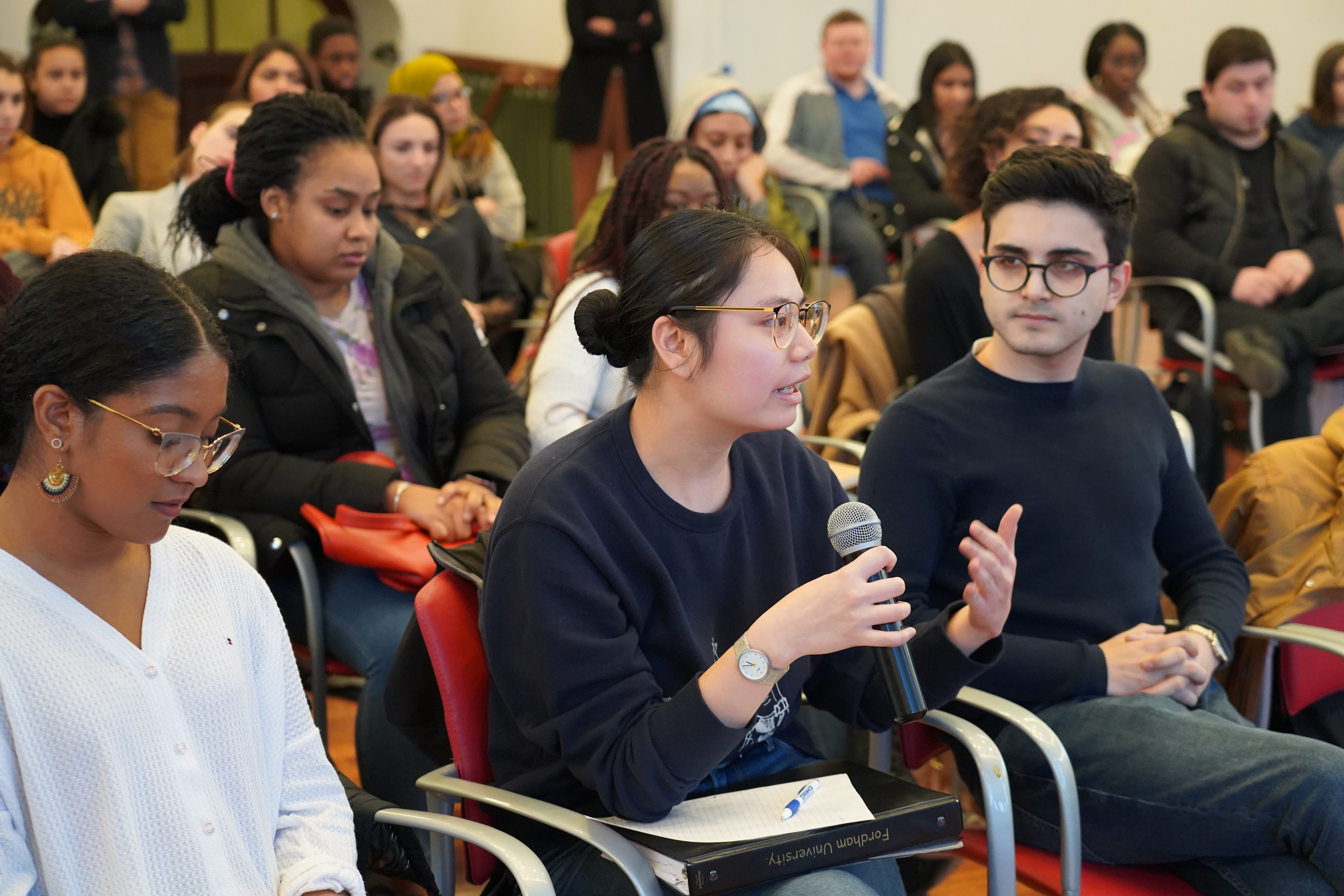Higher education, also called post-secondary education, third-level or tertiary education, is an optional final stage of formal learning that occurs after completion of secondary education. This consists of universities, colleges and polytechnics that offer formal degrees beyond high school or secondary school education.
Why Get a Higher Education?
There are many reasons why people choose to pursue higher education. Some of the most common reasons include:
- To improve their job prospects and edusite.ca/
- To gain knowledge and skills in a particular field.
- To prepare for a professional career.
- To become more well-rounded and educated individuals.
- To fulfill personal goals and aspirations.
Types of Higher Education
There are many different types of higher education institutions, each with its own unique offerings. Some of the most common types of higher education institutions include:
- Universities: Universities offer a wide range of undergraduate and graduate programs, and they are often the most selective institutions.
- Colleges: Colleges typically offer undergraduate programs, and they may be more specialized than universities.
- Technical institutes: Technical institutes offer programs that focus on practical skills, such as engineering or nursing.
- Community colleges: Community colleges offer two-year programs, and they are often a more affordable option for students.
How to Choose a Higher Education Institution
When choosing a higher education institution, it is important to consider your own needs and goals. Some factors to consider include:
- The type of program you want to study.
- The size and location of the institution.
- The cost of tuition and fees.
- The reputation of the institution.
- The availability of financial aid.
The Benefits of Higher Education
There are many benefits to obtaining a higher education. Some of the benefits include:
- Increased earning potential. Studies have shown that people with higher education degrees earn more money than those with lower levels of education.
- Better job prospects. A higher education degree can give you the skills and knowledge you need to get a good job.
- More opportunities for advancement. A higher education degree can open up more opportunities for career advancement.
- Improved critical thinking skills. Higher education can help you develop your critical thinking skills, which are essential for success in many fields.
- Increased knowledge and understanding. A higher education can help you gain a deeper understanding of the world around you.
- Personal growth and development. Higher education can help you grow as a person and become more well-rounded.
The Challenges of Higher Education
Higher education can be challenging, but it is also rewarding. Some of the challenges of higher education include:
- The cost of tuition and fees. Higher education can be expensive, and financial aid may not be available to everyone.
- The workload. College courses can be demanding, and students may need to work hard to keep up.
- The time commitment. College can be a lot of work, and students may need to make sacrifices in order to succeed.
- The academic rigor. College courses can be more challenging than high school courses, and students may need to adjust their study habits.
Conclusion
Higher education is a valuable investment in your future. It can lead to increased earning potential, better job prospects, and more opportunities for advancement. If you are considering pursuing higher education, be sure to do your research and choose an institution that is right for you.

